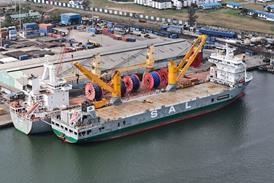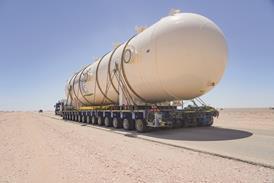April 12 - The decision by a judge at the Federal Administrative Court in Leipzig to uphold a night-time flight ban at Frankfurt Airport will damage the city's reputation as one of the world's premier gateways for international trade and harm the local an
Despite strong industry protests, the court's decision means the ban on flights at Frankfurt between 23:00h and 05:00h will remain in force. The judge also reduced the number of flights permitted one hour before and one hour after the night-time period.
TIACA has previously warned of the potential economic and environmental damage that would result from the night-time flight ban, a prime time for freighter movements that support fast deliveries of essential products throughout the day once they leave the airport.
The association said restricting freighter movements would reduce future investment by companies at Frankfurt airport and could lead to job losses. It also warned of a negative impact on the environment from greater trucking operations if all-cargo airlines were forced to use other airports.
Oliver Evans (pictured below), chair of TIACA's Industry Affairs Committee, said: "We are extremely disappointed by the judge's decision to uphold the night-time ban. Slots are a major battle ground for airlines at major airports across the globe and in recent years to satisfy the requirements of passengers, all-cargo operations have been pushed into the hours of the day, and usually the night, when passengers don't want to fly. The air cargo industry has adapted to this and made it work. Today, night-time cargo flights are part of a seamless supply chain that means consumers and businesses can plan their stock levels and production schedules with confidence. This is now at risk.
"Until courts, businesses, industry and members of the public start to understand how much they rely on air cargo, the danger is that the decision made in Frankfurt could be repeated at other major gateways. If this happens, it's not only the air cargo that will suffer: local communities around those airports and national economies will also pay a higher price, both financially and environmentally."
















